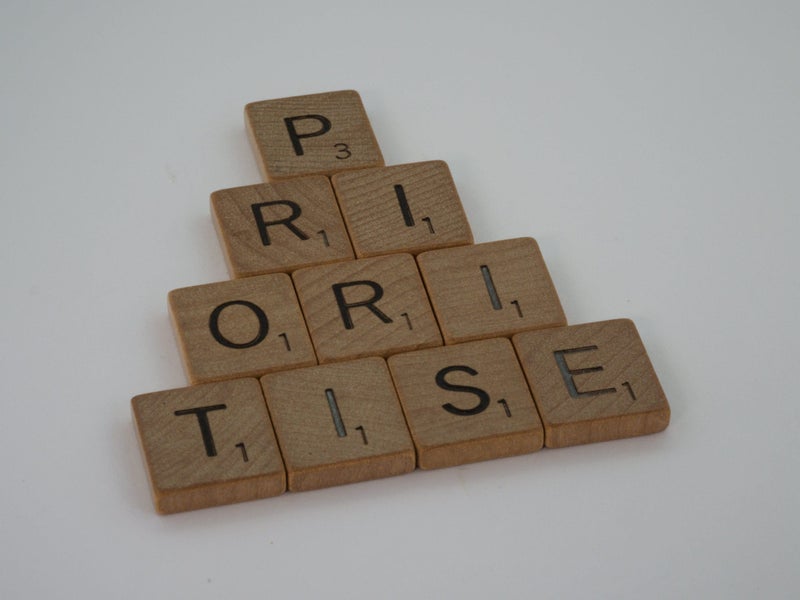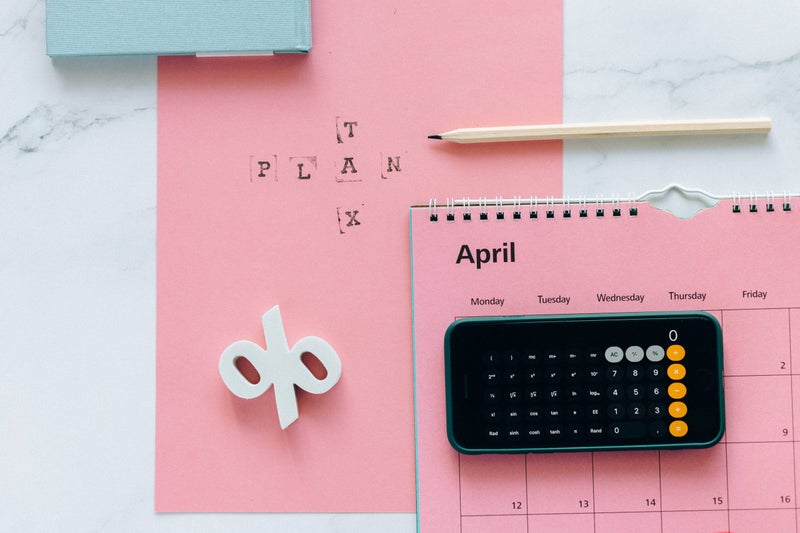Paying Off Your Debt: Quick Tips for Young Adults
By Hanna Mohr
August 30, 2022
Between student loans, car loans, and various sources of debt, paying off all your debt can seem overwhelming, especially as a young adult. It’s not like high school came with a “paying off your debt 101” class, right?
Make a list of all your debts, and prioritize them.
The first step in getting out of debt is to make a list of all your debts, and prioritize them. This way you can tell yourself that if you pay off one debt, then you’ll have more money to put towards the next one. You might even be able to pay off one debt entirely—if that’s what you want!
Once you’ve decided which debts are most important to you, it’s time to start paying them down. It might take some time, but it will feel so good when you see those numbers on your credit report starting to shrink!
Consider credit counseling.
Credit counseling is a service that helps you pay off your debt. It can be a helpful way to get out of the hole. Non-profit organizations that work with creditors to help people meet their financial obligations, offering a variety of services: including budgeting assistance, debt management plans (DMPs), and bankruptcy counseling.
Credit counselors will work with you to create a plan that helps you pay off your debt. This plan may involve getting rid of some of your debt altogether or restructuring the terms on which it was originally borrowed so that it can be paid back over time.
Set up payment reminders.
Setting up payment reminders is a great way to keep yourself on track with your loan payments. By setting up reminders, you can be sure that you don’t miss any due dates or incur late fees. You can also set up reminders for when it’s time for your next payment or if there’s an upcoming interest rate adjustment.
If you don’t make a payment on time, the lender may report this to credit bureaus and it will hurt your score. When lenders report late payments to the credit bureaus, the late payment will remain on your credit report for seven years from the date of delinquency.
Pay more than the minimum.
Paying more than the minimum is one of the best things you can do for your finances. It’s easy to think that paying just the minimum amount is enough, but it’s not. It’s important to pay more than the minimum because it keeps interest rates low and helps you build wealth over time.
If you pay more than the minimum, you’ll be able to keep your interest rate low. If you don’t, your credit score will drop and so will your rate—and that means you’ll end up paying more in total interest over time.
Pay off the most expensive debt first.
Imagine that you have two loans—one with an interest rate of 2% and one with an interest rate of 4%. If you pay only the minimum due on both loans each month, it will take you roughly 21 years to pay off the loan with the lower interest rate. It will take even longer—about 23 years—to pay off the loan with the higher interest rate.
But if instead you make double payments on the loan with the higher interest rate every month, it will take just five years to pay off that loan! That means paying off your high-interest debt early will save you over $10,000 in interest payments over 20 years (and even more over 30 years). That’s a lot more cash than most people think about when they’re trying to get out of debt!
Work with debt collectors to resolve old debts, if possible.
There are many ways to work with debt collectors to resolve old debts. Debt collectors are often willing to negotiate and establish payment plans, as long as you are honest about your financial situation and offer them a reasonable plan for paying off your debt.
It is important to understand that debt collectors have a vested interest in collecting on your debt. They will often be willing to work with you if they believe that they can recover some of their losses through payment arrangements or other methods.
Having a budget will help you make good financial decisions.
A budget is a plan for spending and saving money. With a budget, you can decide how much money to spend on each expense category and how much to save or invest. The first step in creating your budget is to identify your income and expenses.
Without a budget, you’re more likely to make decisions that are detrimental to your bottom line. The way we see it, a budget is just like a map. It’s a tool that allows you to visualize where you want to go (your goals), and how much time and money it will take to get there. Without one, you’d be lost in the woods!You have a lot of time, so take it easy
You’re young. You have a lot of time to pay off your debt, and it’s not as bad as it seems. The key is to start paying off your debt when you can afford to do so. The longer you wait to start, the harder it will be for you eventually.
You might not be able to pay off your student loans right now, but you could set up a payment plan that will get you there. You might also want to consider refinancing or consolidating your loans. There are lots of options out there that can help make paying off debt easier!
Key Takeaway
We get it – paying off your loans can feel very overwhelming, especially as a young adult. Between the struggles of finding gainful employment to figuring out how your monthly budget will work, paying off your loans just feels like a bunch of work.
And it’s true – it is a lot of work, but when it’s broken into pieces and given the proper priority, it becomes a lot more manageable. There’s nothing that can stop you from being debt free – you just need the proper mindset!
Like what you’re reading?
Subscribe to our top stories
By entering your email and clicking Sign Up, you're agreeing to let us send you customised marketing messages about us and our advertising partners. You are also agreeing to our Privacy Policy.









